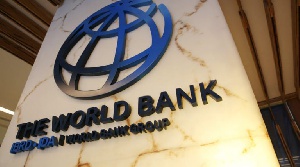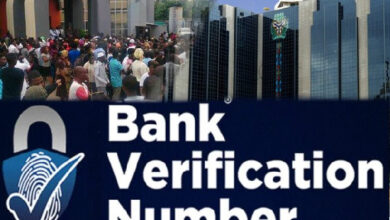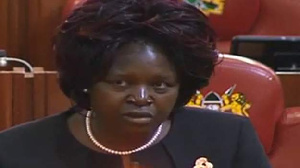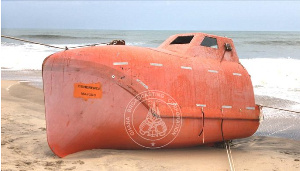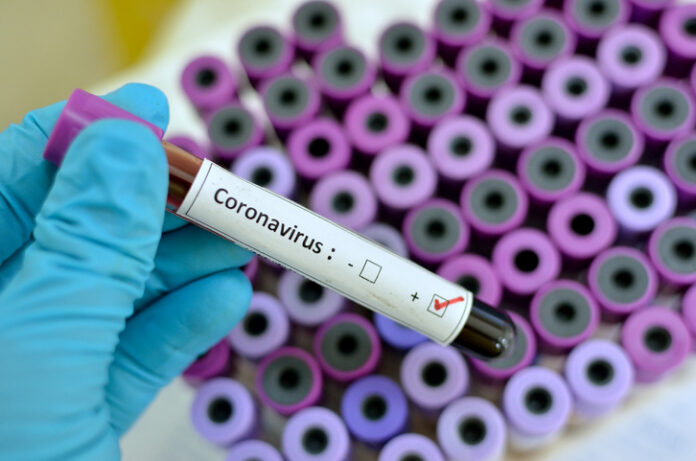World Bank approves US$246m to strengthen coastal resilience in West Africa

Populations at immediate risk from coastal erosion, flooding and pollution – and people depending on agroindustry and tourism along coastlines in The Gambia, Ghana and Guinea-Bissau – will benefit from the West Africa Coastal Areas Resilience Investment Project (WACA ResIP 2), approved last week for a total amount of US$246million in International Development Association (IDA) financing, including a US$5million PROBLUE grant.
This second WACA project includes a grant to the West African Economic and Monetary Union (WAEMU) to coordinate regional organisations in improving regional integration, managing environmental flows, and achieving economies of scale in managing shared coastal resources needed for climate resilience.
The World Bank financing has leveraged private sector finance for blue carbon credit announced at the 2022 United Nations Climate Change Conference (COP27).
The blue economy is essential. About 42% of West Africa’s GDP is generated in coastal areas, where almost one-third of the population resides. The second WACA project is an expansion of the WACA programme that already included Benin, Cote d’Ivoire, Mauritania, Sao Tome and Principe, Senegal and Togo.
In The Gambia, Ghana and Guinea-Bissau, the new project will support physical coastal protection by using a combination of nature-based solutions and grey infrastructure to protect economic and livelihood assets from coastal erosion and flooding; and includes social investments at community level to increase climate-resilience at local level.
Development challenges in coastal West Africa are complex and multisectoral in nature, and no country alone can fix them. That is why the WACA programme by design includes regional integration and solutions.
“There is no doubt that physical cross-border solutions are required to stabilise the coastline from coastal erosion, as we have seen between Togo and Benin already. This requires common policy, approaches and collaboration, and the WAEMU is keen to bring this to scale in WACA ResIP 2,” says Kako Nubukpo, WAEMU Commissioner for Food Security, Resources and Environment.
Apart from the WAEMU, other key institutions participating in the WACA programme include: the Economic Commission of West African States (ECOWAS); the Economic Community of Central African States (ECCAS); the Secretariat of the Abidjan Convention (ABC); the Centre de Suivi Ecologique (CSE); the International Union for Conservation of Nature (IUCN); the Regional Partnership for Coastal and Marine Conservation (PRCM); the Regional Network of Marine Protected Areas in West Africa (RAMPAO); the Port Management Association of West and Central Africa (PMAWCA); and the Africa Regional Centre of Excellence for Coastal Resilience (ACECoR) at the University of Cape Coast, Ghana.
“Solutions are bound to be regional in order to achieve sustainable results, and we see a natural complementarity in the mandates of these institutions – each of which focuses on specific aspects, including economic, environmental, financial, policy, human resources and research capacity development,” says Boutheina Guermazi, World Bank Director of Regional Integration for sub-Saharan Africa, the Middle East and Northern Africa.
“We are pleased to see an increasing cooperation and dialogue around the WACA programme. By working together with the countries, these institutions bring an adequate response and economies of scale at the regional level. Bringing in an academia partner – the ACECoR – is important to train the next generation of highly-qualified human resources to achieve sustainable results.”
The WACA programme was launched in 2018, as a response to countries’ request for solutions and finance to help protect and restore the ecological, social and economic assets of West Africa’s coastal areas by addressing coastal erosion, flooding and pollution.
It helps participating countries to stabilise the coastline, prevent loss of critical infrastructure like coastal roads for transport, and to support healthy and productive coastal waters needed for food security and natural capital.
With the second WACA project approved, the total World Bank financing to the WACA programme amounts to US$492million (including grants of US$20million from the Global Environment Facility and US$5million from PROBLUE), covering engagements in nine countries: including Benin, Cote d’Ivoire, The Gambia, Ghana, Guinea-Bissau, Mauritania, Sao Tome and Principe, Senegal and Togo, and the WAEMU and associated regional institutions.
Source: thebftonline.com

